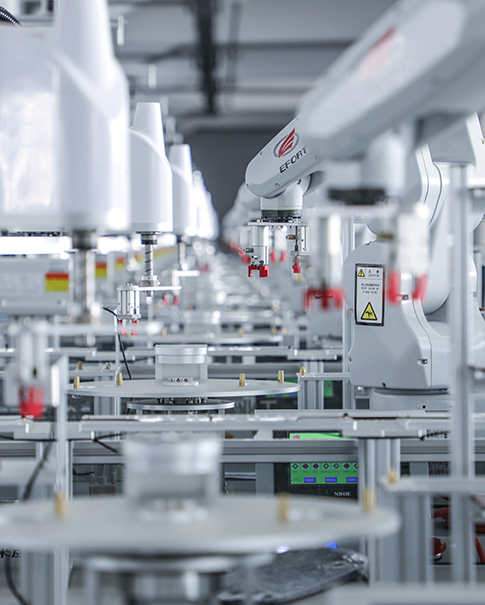Historically, supply chains have been reliant on static, linear models, where businesses predicted outcomes based on historical data and conventional methods. However, these systems often struggle to react to sudden changes in real-time. The increasing complexity of global markets, coupled with the rise of unpredictable events, has exposed the weaknesses in these traditional approaches. AI-driven supply chains, on the other hand, take a dynamic approach to operations. These systems harness the power of Artificial Intelligence (AI), the Internet of Things (IoT), and blockchain technology to create more resilient, adaptable networks. With the ability to process massive amounts of data and offer predictive insights, AI is fundamentally changing the way businesses operate and manage supply chains.
One of the most significant advantages of AI in supply chains is its predictive capabilities. Instead of relying solely on historical data, AI can analyze current trends, monitor performance in real-time, and predict potential issues before they occur. This proactive approach offers several key benefits:
Predictive Maintenance: AI systems can analyze data from IoT sensors installed in machinery to predict when equipment will fail, reducing unplanned downtime and maintaining a smooth production flow.
Optimized Delivery Routes: AI helps businesses optimize their delivery routes, reducing transportation costs and ensuring timely deliveries, even in the face of traffic, weather, or other disruptions.
Improved Quality Control: AI can automate the quality control process, ensuring that products meet the highest standards. With AI, inspections become more accurate, minimizing human error and ensuring only the best products reach the customer.
AI doesn't just automate tasks—it transforms the entire operational workflow, making it more efficient and agile. By taking over routine tasks, AI frees up human workers to focus on higher-value activities, such as strategic decision-making and creative problem-solving. The benefits extend beyond business outcomes:
Increased Productivity: Automation of time-consuming processes such as procurement and inventory management allows teams to focus on more impactful work, boosting overall productivity.
Improved Job Satisfaction: Employees spend less time on repetitive tasks and more time on meaningful work, leading to greater job satisfaction and engagement.
As a result, businesses not only improve their bottom line but also create a more fulfilling work environment for their teams.
Imagine a workday where supply chain disruptions no longer cause uncertainty or stress. With AI-driven systems, this scenario is becoming a reality. Here’s how it might look:
Real-Time Monitoring: IoT devices track every part and component, providing real-time updates on their location and availability. No more guessing whether that critical part will arrive on time.
Transparent Transactions: Blockchain technology ensures secure transactions and transparent tracking of each item’s journey, giving businesses full visibility and trust in their supply chains.
Seamless Integration: AI orchestrates all aspects of the supply chain, from procurement to delivery, ensuring everything arrives on time and as expected. Operations are smooth, and teams feel more in control and confident in their ability to meet deadlines.
Why Embrace AI-Driven Supply Chains Now?
The transition to AI-driven supply chains isn’t just a trend—it’s an urgent necessity for businesses that want to thrive in today’s fast-paced world. The ability to anticipate disruptions, optimize processes, and improve overall operational efficiency can make or break a business. With AI at the helm, companies are better equipped to manage uncertainty and adapt to change with ease. For businesses looking to achieve long-term success, embracing AI-driven supply chain solutions is no longer optional; it’s imperative. By adopting these smart, adaptive systems, organizations can foster resilience, drive growth, and ensure that they are prepared for whatever challenges lie ahead.
The AI revolution in supply chain management is transforming industries worldwide. From predictive maintenance to optimized logistics, AI offers businesses the tools to create smarter, more resilient supply chains that can navigate any disruption. As the world continues to evolve, integrating AI into supply chains will no longer be a luxury but a necessity for companies that want to stay ahead of the curve. The future of supply chain management is here—and it’s powered by AI.
 Network Supported
Network Supported